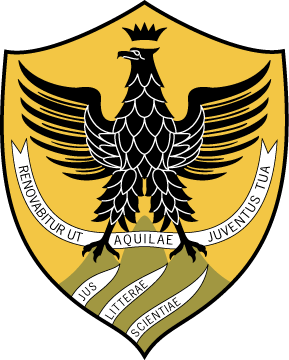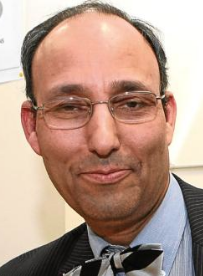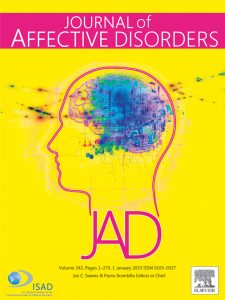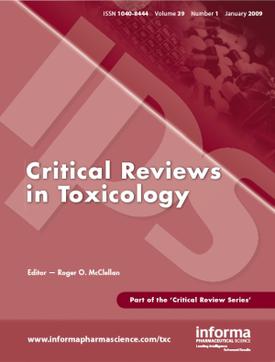
Caveat scriptor—writer beware.
That’s the moral of a recent editorial in the Saudi Journal of Anesthesia, prompted by the retraction in that journal of a 2014 paper with bum data.
The editorial was written by John Loadsman, an anesthesiologist in Sydney, Australia, and editor of the journal Anaesthesia and Intensive Care, who played a role in the retraction. Here’s how.
According to Loadsman, he was considering an article for his journal — a meta-analysis of previously published findings. On inspection, he he noticed that some of the studies cited in the meta-analysis were potentially problematic, including Continue reading Caveat scriptor: How a journal editor unraveled the mystery of the overlapping bad data


 The FDA has walked away from a 2010 rule that would have forced drug makers to disclose fabricated data to regulators.
The FDA has walked away from a 2010 rule that would have forced drug makers to disclose fabricated data to regulators. 
 The maker of a leading over-the-counter antacid has withdrawn its application for approval of the drug in China because a clinical trial of the product in that country was marred by “major protocol deviations.”
The maker of a leading over-the-counter antacid has withdrawn its application for approval of the drug in China because a clinical trial of the product in that country was marred by “major protocol deviations.”

 A toxicology journal has issued an expression of concern for a group of papers about the controversial herbicide glyphosate after concluding that some of the authors didn’t adequately disclose their ties to the maker of the product.
A toxicology journal has issued an expression of concern for a group of papers about the controversial herbicide glyphosate after concluding that some of the authors didn’t adequately disclose their ties to the maker of the product.